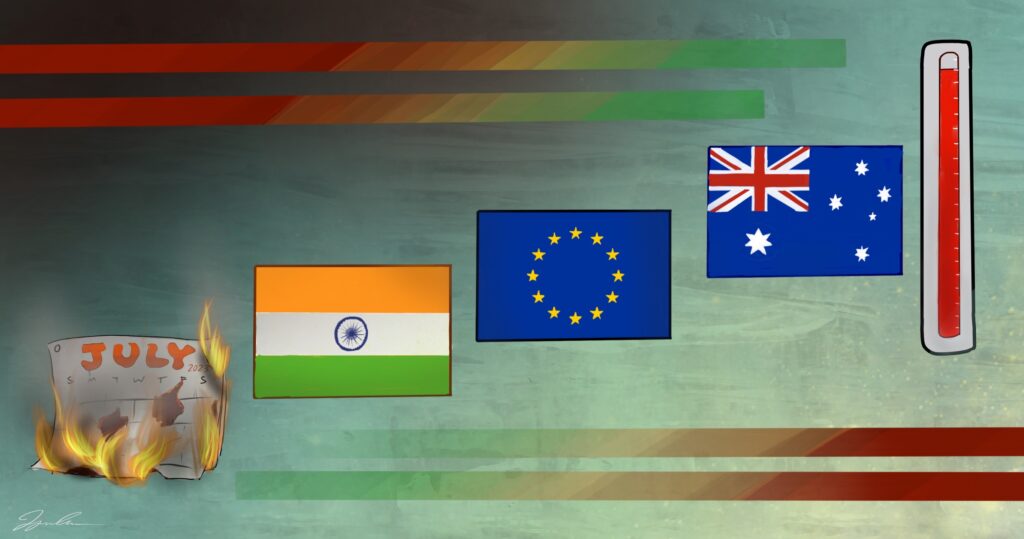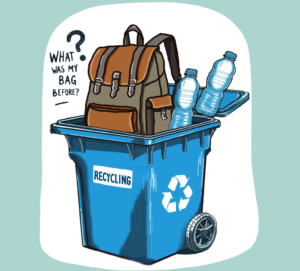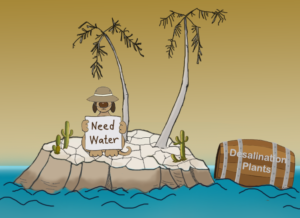
July 2023 marked the hottest month to ever exist in the history of the earth, thanks to—as one might guess—human-caused emissions that fueled several simultaneous heat waves across the globe. With historic heat waves making headlines all summer, climate scientists predict the weather will only continue getting warmer, and faster at that.
According to AP News, “Despite years of international climate negotiations and lofty pledges from many countries and companies, greenhouse gas emissions continue to go up.” At this point, as Secretary-General Antonio Guterres of the United Nations put it, global warming is so done; we are diving headfirst into an era of global boiling. Temperatures so hot that humans have never even experienced them, Guterres precisely described them as “terrifying.” Based on weather prediction calculations by multiple climate research teams, these record-breaking temperatures can only indicate more heat waves, more flooding, more wildfires, and more extreme weather events that would put many populations at risk. Thus, if humanity is interested in self-preservation at all, we need to take extreme and immediate action, which, at this point, needs to be more than just reducing the emissions of heat-trapping greenhouse gases.
Fortunately, this article is not all grim. If anything, I want to highlight that action is being taken and that climate activism has taken on a more important role than ever.
Barely a year ago, the U.S. government passed a historic bill that would allow more than $1 trillion to be invested in climate action, making the Inflation Reduction Act the largest climate policy the nation has ever implemented. As Good Good Good summarizes, this legislation “includes a variety of clean energy, climate mitigation and resilience, agriculture, and conservation-related programs.”
On the other side of the world, Australia’s (the third largest fossil fuel exporter in the world) leaders came to a negotiation to reduce emissions by over 40% by 2030, as compared to emission levels from 25 years ago.
Similarly, the European Union plans to nearly double its generation of renewable energy by 2030 from 37% in the last two years.
Now here’s the real deal: if the world ever reaches completely clean energy goals—if we ever hit “true net zero” carbon emissions—the drastic temperatures of recent summers will slowly return to normal. What’s more, once net-zero is reached, as much as a 50% carbon reduction can be achieved in 30 years.
It’s all possible. We just need to have the hope that inspires ideas into action. And when that action is achieved, we will have a future that’s truly better, cleaner, and greener.
References
https://apnews.com/author/seth-borenstein. (2023, July 27). July has been so blistering hot, scientists already calculate that it’s the warmest month on record. AP News. https://apnews.com/article/hottest-record-climate-change-july-65e13c9c3d88932b50de935c7977ee70
Morton, A. (2023, March 30). Australia passes most significant climate law in a decade amid concern over fossil fuel exports. The Guardian. https://www.theguardian.com/environment/2023/mar/30/australia-climate-emissions-reduction-legislation-laws-parliament-labor-greens
Uplifting Climate Change Good News — According To Al Gore. (2023, July 12). Good Good Good. https://www.goodgoodgood.co/articles/al-gore-good-climate-news
The views and opinions expressed are those of the authors and do not necessarily reflect nor represent the Earth Chronicles and its editorial board.




